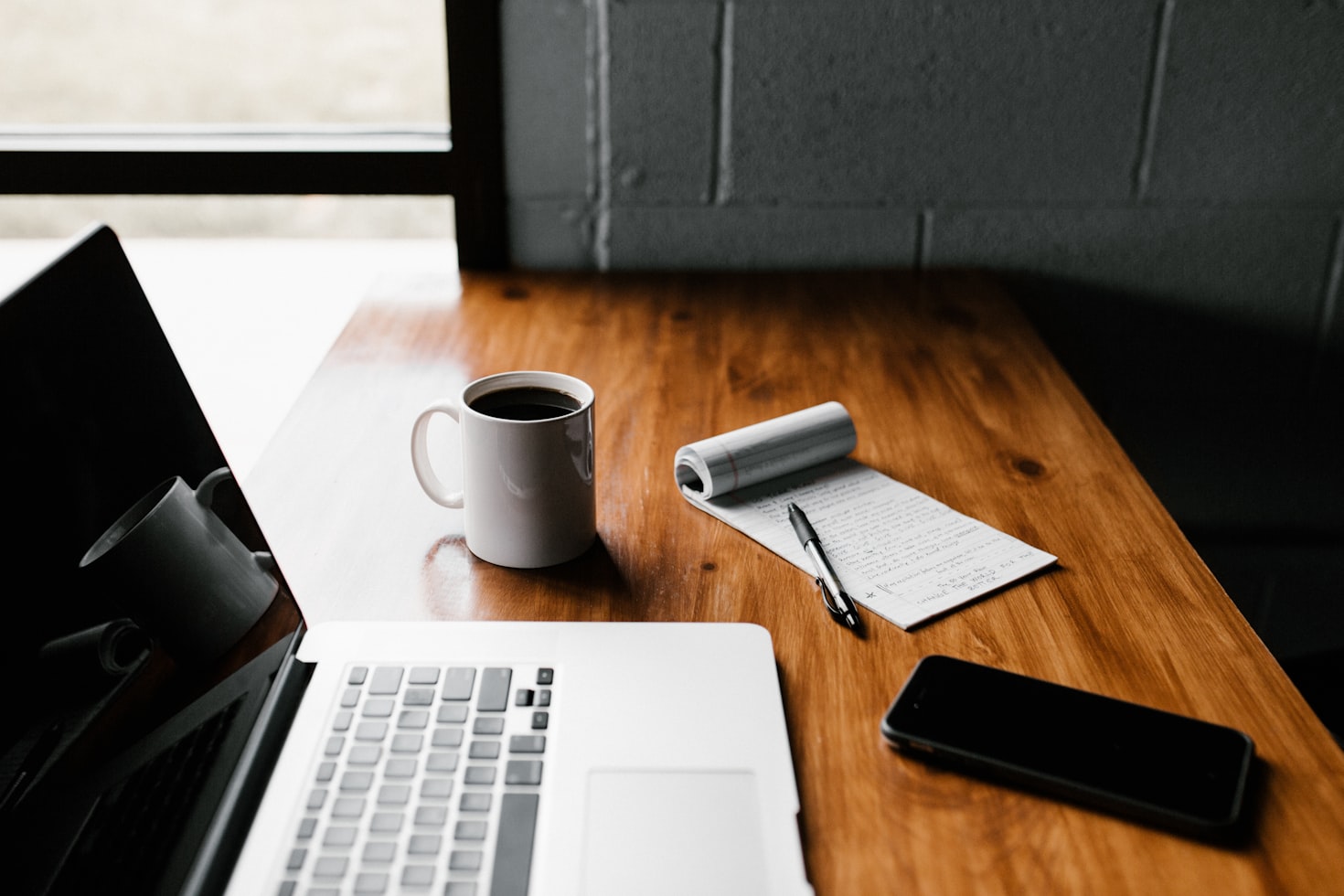

Ensuring Fortified Security: iPhone Security Tips
In the ever-connected world of smartphones, prioritizing iPhone security is paramount. Explore these comprehensive iPhone security tips to safeguard your personal information and ensure a safe and secure mobile experience.
1. Activate Face ID or Touch ID
Start by securing your device with biometric authentication. Activate either Face ID or Touch ID to add an extra layer of security. These features ensure that only you can access your iPhone, providing a secure barrier against unauthorized access.
2. Set a Strong Passcode
A robust passcode is a fundamental aspect of iPhone security. Avoid easily guessable codes and opt for a complex combination of numbers, letters, and symbols. Regularly update your passcode to enhance security further.
3. Enable Find My iPhone
In case your device gets lost or stolen, the “Find My iPhone” feature can be a lifesaver. Activate this feature in your iCloud settings to track your iPhone’s location, remotely lock it, or erase data if necessary. This adds an additional layer of protection for your device and personal information.
4. Keep iOS Updated
Regularly updating your iPhone’s operating system is critical for security. Apple frequently releases updates that include security patches and enhancements. Ensure your device is set to receive automatic updates or check for updates regularly to stay protected against potential vulnerabilities.
5. Be Cautious with App Permissions
When installing new apps, review and consider the permissions they request. Be cautious about granting unnecessary access to your device’s features or personal information. Limit permissions to the essential functions required for the app to operate.
6. Use Two-Factor Authentication
Enable two-factor authentication (2FA) for your Apple ID to add an extra layer of security. This ensures that even if someone gains access to your password, they would still need a secondary authentication method to log in, significantly reducing the risk of unauthorized access.
7. Secure iCloud with a Strong Password
Since iCloud stores a wealth of your personal information, securing it with a strong, unique password is crucial. Avoid using the same password for multiple accounts and consider using a password manager for added convenience and security.
8. Regularly Review App Permissions
Periodically review the permissions granted to your installed apps. Navigate to your iPhone settings and check the permissions each app has. Revoke access for any app that no longer requires certain permissions, minimizing potential security risks.
9. Avoid Jailbreaking Your iPhone
While jailbreaking can provide additional customization options, it comes with significant security risks. Jailbreaking bypasses Apple’s built-in security features, exposing your device to malware and other vulnerabilities. Avoid jailbreaking to maintain the integrity of your iPhone’s security.
10. Educate Yourself on Phishing Scams
Be vigilant against phishing scams that attempt to trick you into revealing sensitive information. Avoid clicking on suspicious links in emails or text messages, and never share personal or financial details unless you are certain of the source’s legitimacy.
For a comprehensive guide on bolstering your iPhone security, visit iPhone Security Tips at tanktroubleplay.com. Implementing these strategies ensures that your iPhone remains a secure and trustworthy companion in your daily life.





